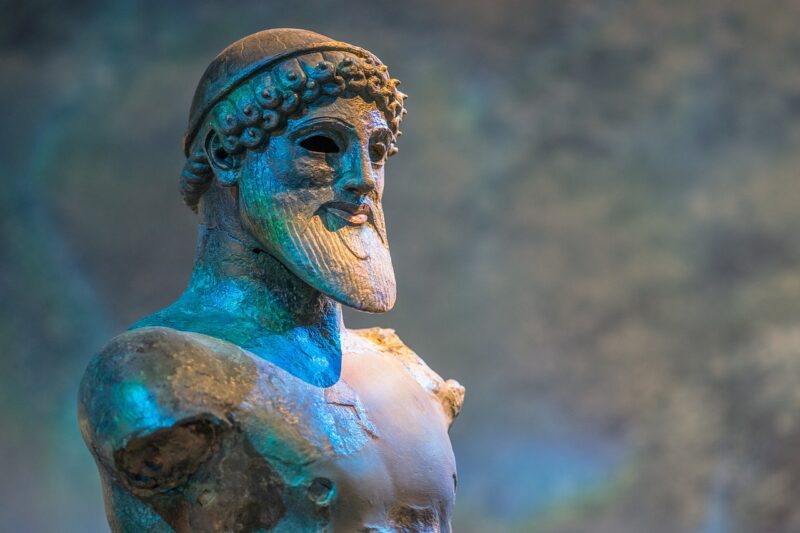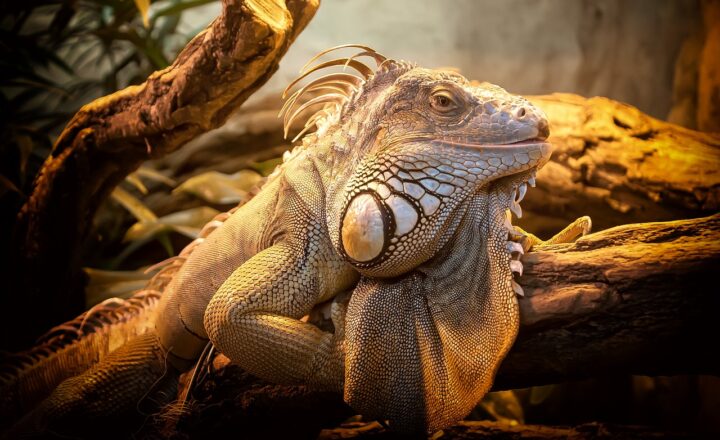Why Humans Are Fascinated by Myths and Legends Across Cultures
November 16, 2024

Throughout history, myths and legends have intertwined with human civilization, dictating cultural beliefs, shaping traditions, and inspiring artistic expression. From the captivating tales of Greek mythology to the rich folktales of indigenous tribes, the fascination with these stories transcends borders and generations. But why do humans gravitate towards these narratives? What makes them enduring elements of our societies?
1. Understanding Myths and Legends
At their core, myths are traditional stories that often explain natural phenomena, the origin of the world, and divine beings. Legends, on the other hand, usually involve historical figures that may have undergone fantastical embellishments.
Myths serve various purposes:
- Cultural Identity: They provide a framework for understanding cultural heritage, weaving social norms and values into a narrative that binds communities together.
- Explaining the Unexplainable: Myths often fill gaps in human understanding about nature, existence, and the afterlife, giving people a sense of control over their environment.
- Moral Lessons: Many myths and legends carry moral lessons, teaching values and ethics through the fates of their characters, guiding behavior and decision-making.
These narratives are not just relics of the past; they are a living testament to our shared human experience, continually evolving as they are retold through generations.
2. The Psychological Pull of Myths and Legends
Humans are inherently storytelling beings. We seek narratives to help us make sense of the world, and myths and legends provide deep psychological appeals:
- Archetypes: These stories often feature archetypal characters, representing universal human experiences—heroes, mentors, tricksters—which enable individuals to relate personally to these narratives.
- Cognitive Comfort: In times of uncertainty or hardship, myths offer comfort. The heroic triumphs and moral victories resonate with our intrinsic longing for hope and validation, rendering us resilient in the face of adversity.
- Shared Experience: Stories about gods, heroes, and mythical creatures provide a communal experience where individuals bond through shared beliefs, fostering social cohesion and communal identity.
The psychological components intertwined with myths make them more than mere stories; they are narratives that help define our very humanity.
3. Myths and Legends as Cultural Tools
In many cultures, myths are foundational to social structures and customs. They provide instruction on social order, from family dynamics to governance:
- Historical Context: Legends often retain historical truths that narrate past events, woven with fabrications that create grand stories. This fusion offers societies a connection to their ancestors and past cultures.
- Rituals and Traditions: Many cultures practice rituals based on their myths, creating shared celebrations that reinforce community bonds and provide a sense of continuity in traditions handed down through generations.
- Symbolism: Myths encapsulate complex ideas in symbolic forms that are easier to understand and communicate. For instance, the phoenix’s rebirth symbolizes resilience and renewal within various cultures, serving as a powerful metaphor for human experiences of loss and recovery.
By serving as cultural tools, myths and legends preserve and propagate the values, norms, and beliefs of societies, allowing individuals to navigate their world while upholding their cultural identity.
4. The Evolution of Myths in the Modern World
In today’s fast-paced, interconnected world, the relevance of myths and legends remains robust. Modern interpretations of myth are evident in:
- Literature and Film: Whether through films based on legendary tales or novels employing mythological themes, storytelling continues to draw from ancient narratives, highlighting their continued significance in contemporary culture. For instance, the Marvel Cinematic Universe has brought ancient myths into modern storytelling with characters inspired by gods and legendary figures.
- Self-Discovery: Many people engage with myths on a personal level, using psychological models rooted in mythology, such as Joseph Campbell’s concept of the monomyth, or the Hero’s Journey, which reflects universal patterns of personal development and growth.
- Social Commentary: Myths can reflect contemporary issues, providing lenses through which we can examine societal challenges, ethical dilemmas, and existential questions, much like the tales of old influenced societal structure and thought during their time.
These modern engagements breathe new life into ancient tales, ensuring their lasting impact on contemporary society.
5. The Universality of Myths and Legends
Despite cultural differences, common threads in myths and legends worldwide reveal shared human experiences:
- Creation Stories: Almost every culture has a creation myth addressing the origins of existence, highlighting the human need to understand our beginnings, whether it be through the Genesis in Christianity or the tales of the Cosmic Egg in Hinduism.
- Heroic Archetypes: Heroes emerge across cultures, undertaking journeys replete with trials, reflecting virtues and flaws that define humanity. These heroes, from Hercules to King Arthur to indigenous mythic figures, embody values that resonate universally across time and space.
- Moral Dichotomies: Many myths illustrate the battle between good and evil, justice and vengeance, light and darkness, for instance, the battle of gods and titans in Greek mythology ignites reflections on human conflicts and morality, which remain timeless and relevant.
By studying these universal themes, we come to realize that beneath the surface of cultural differences, we are united by fundamental human experiences and aspirations.
Conclusion: The Enduring Allure of Myths
In essence, the fascination with myths and legends stems from the intrinsic human desire to understand our world and ourselves deeply. These narratives enrich our understanding of life, shape cultural identities, and offer profound insights into morality and human nature. As we continue to explore these stories—whether through literature, art, or personal reflection—we affirm that the enchantment of these ancient tales remains as compelling as ever in our modern lives. They are not just remnants of the past but vital elements of our cultural fabric, reflecting the timeless nature of human experience.
Through the exploration of myths and legends, we honor the tales that have shaped civilizations and recognize the profound ways they continue to resonate within us today.








